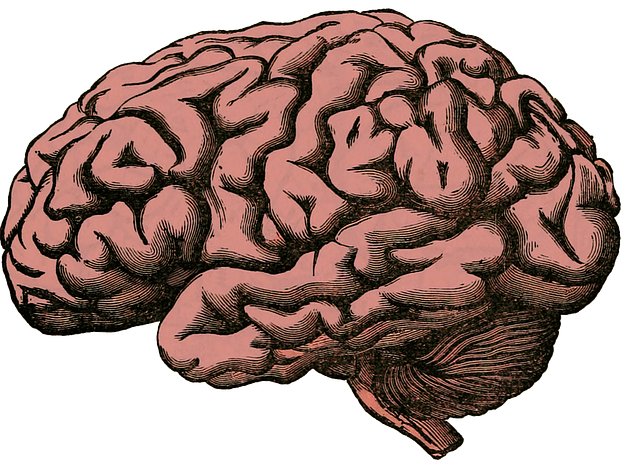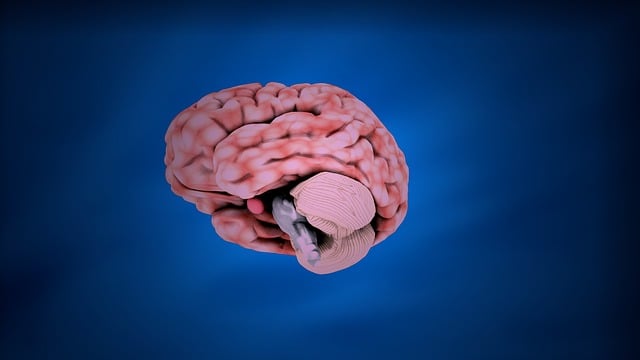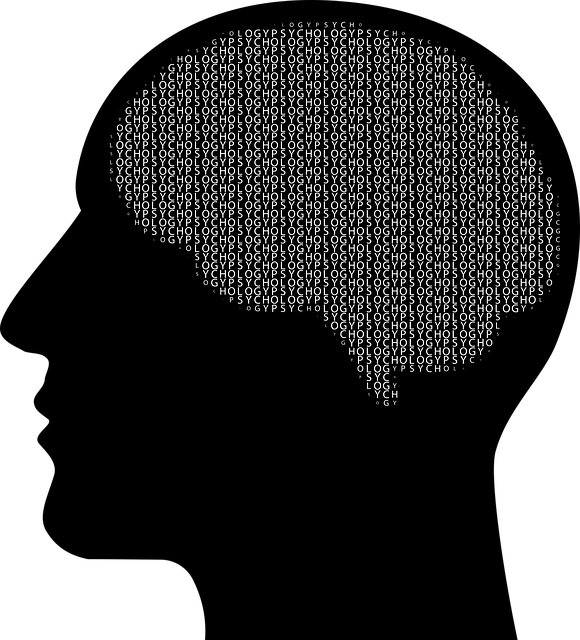The article introduces Centennial Women's Issues Therapy (CWIT), a novel approach to women's mental health that tackles historical trauma and unique gender-specific challenges. This therapy model emphasizes understanding past traumas, building resilience, and promoting emotional well-being through techniques like mindfulness meditation, art therapy, and journaling. CWIT leverages women's historical struggles for rights as a foundation for effective crisis intervention and long-term emotional regulation skills, empowering them to navigate life's complexities with strength and grace in the digital age.
“In an era where understanding mental resilience is paramount, particularly for women navigating persistent societal challenges, the RFM (Resilience, Flexibility, and Mastery) framework emerges as a powerful tool. This article delves into the intricate relationship between RFM and resilience building, exploring historical factors that have shaped women’s experiences. We present practical exercises derived from therapeutic practices to empower women in their daily lives, fostering adaptability and strength against modern-day Centennial Womens Issues.”
- Understanding RFM and Its Role in Resilience Building for Women
- The Impact of Historical and Societal Factors on Women's Resilience
- Practical Exercises to Enhance Resilience in Everyday Life
Understanding RFM and Its Role in Resilience Building for Women

The Impact of Historical and Societal Factors on Women's Resilience

Historical and societal factors have played a significant role in shaping women’s resilience over centuries. Traditional gender roles, cultural norms, and historical injustices have often placed women in positions of vulnerability, making it crucial to understand how these influences impact their ability to bounce back from adversity. The struggles for women’s rights, such as suffrage and equal opportunities, are testaments to the collective resilience of women across time.
Centennial women’s issues therapy leverages this historical context to provide effective crisis intervention guidance and emotional well-being promotion techniques. By acknowledging the challenges of the past, present, and future, therapeutic practices can help women develop enhanced emotional regulation skills. This approach not only addresses immediate concerns but also fosters long-term resilience by empowering women to navigate life’s complexities with greater grace and strength.
Practical Exercises to Enhance Resilience in Everyday Life

Incorporating resilience-building exercises into daily routines can significantly enhance one’s ability to navigate life’s challenges, especially for women navigating centennial womens issues through therapy. Simple yet powerful practices such as mindfulness meditation offer a space for individuals to cultivate self-awareness and emotional intelligence—a cornerstone of effective communication strategies. By dedicating just a few minutes each day to mindful breathing or gentle movement, one can reduce stress levels and improve overall well-being.
Risk management planning for mental health professionals is also integrated within these exercises, fostering a proactive approach to emotional regulation. Whether it’s journaling feelings and experiences, engaging in creative outlets like art or music therapy, or practicing deep relaxation techniques, these activities empower individuals to build mental fortitude. This, in turn, strengthens their ability to cope with adversity, promoting resilience both inside and outside the therapeutic setting.
Resilience is a powerful tool that empowers women to overcome adversity, and RFM (Recollect-Feel-Move) exercises offer a unique and effective approach. By understanding historical and societal influences on women’s resilience, we can create a path forward. Practical RFM exercises, integrated into daily routines, foster emotional agility and strength. This holistic method, combined with Centennial Women’s Issues therapy, provides a transformative journey for women to navigate life’s challenges and build indelible resilience.













